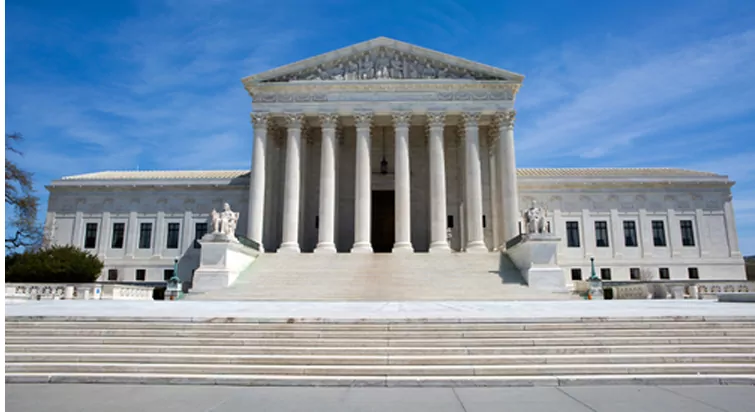
A closely divided Supreme Court struggled on Tuesday to decide whether internet retailers should have to collect sales taxes in states where they have no physical presence.
Brick-and-mortar businesses have long complained that they are disadvantaged by having to charge sales taxes while many of their online competitors do not. States have said that they are missing out on tens of billions of dollars in annual revenue under a 1992 Supreme Court ruling that helped spur the rise of internet shopping.
By the end of arguments on Tuesday, it was not clear whether there were five votes to overrule the 1992 decision, Quill Corporation v. North Dakota, which said the Constitution bars states from collecting sales taxes from companies that do not have a substantial connection to the state.
Several justices expressed concerns about imposing crushing burdens on small businesses that sell goods on the internet and about making them liable for back taxes. Justice Sonia Sotomayor said the case before the court, South Dakota v. Wayfair, No. 17-494, raised “a host of questions” and “a whole new set of difficulties.”
Sounding almost plaintive, she added that Congress, rather than the Supreme Court, was the right forum in which to settle the matter.
“Is there anything we can do to give Congress a signal that it should act more affirmatively in this area?” Justice Sotomayor asked.
But Chief Justice John G. Roberts Jr. said that “it would be very strange for us to tell Congress it ought to do something in any particular area.”
Both he and Justice Elena Kagan said the fact that Congress has so far chosen not to act was itself a telling indication that it was satisfied with the current system.
The chief justice added that the marketplace may already be addressing the problem.
“The bigger e-commerce companies find themselves with a physical presence in all 50 states,” he said, “so they’re already covered.”
The tenor of the argument was a surprise, as three members of the Supreme Court had indicated that they may be ready to reconsider the Quill decision. Justices Clarence Thomas and Neil M. Gorsuch havewritten about their uneasiness with the ruling and the constitutional justifications for it.
Justice Gorsuch seemed prepared on Tuesday to reconsider the Quill decision. “Why should this court favor a particular business model?” he asked.
Read The Full Article Here




